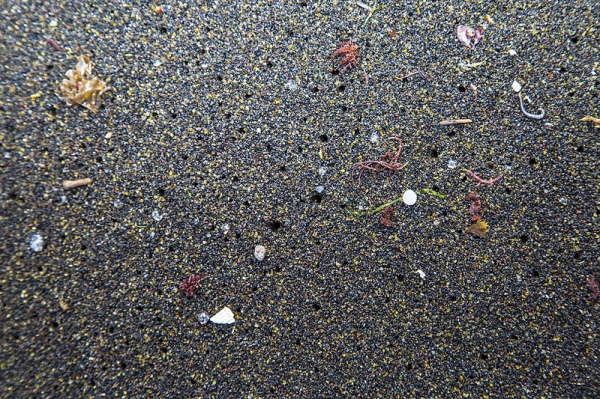Microplastics are tiny, nearly indestructible fragments shed from everyday plastic products.
Microplastics are tiny, nearly indestructible fragments shed from everyday plastic products. As we learn more about microplastics, the news keeps getting worse. Already well-documented in our oceans and soil, we’re now discovering them in the unlikeliest of places: our arteries, lungs and even placentas.
Microplastics can take anywhere from 100 to 1,000 years to break down and, in the meantime, our planet and bodies are becoming more polluted with these materials every day.
Finding viable alternatives to traditional petroleum-based plastics and microplastics has never been more important. New research from scientists at the University of California San Diego and materials-science company Algenesis shows that their plant-based polymers biodegrade — even at the microplastic level — in under seven months. The paper, whose authors are all UC San Diego professors, alumni or former research scientists, appears in Nature Scientific Reports.
Read more at University of California - San Diego
Photo Credit: Raceforwater via Wikimedia Commons




